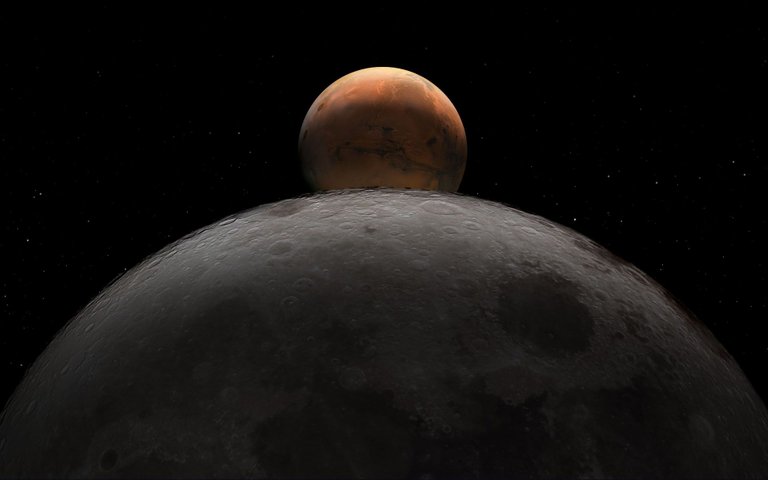Moon to Mars
This year, NASA officially named the new lunar exploration program Artemis, for the goddess of the Moon and twin sister of Apollo. Under Artemis, NASA will send new science instruments and technology demonstrations to study the Moon, accelerate plans to send astronauts to the Moon by 2024, and establish sustainable lunar exploration by 2028.
A boost for the moon and Mars
This year's is the first budget request released since Vice President Mike Pence announced the acceleration of NASA's moon landing goal to 2024, a change that occurred in March 2019 and prompted an amendment to Trump's original budget request for the current fiscal year. For months, Congress has been pushing Bridenstine for details about the total estimated cost of the Artemis program and an initial schedule for milestones within that program, but he has deferred, pointing the representatives to the budgeting process.
NASA's full document package released today marks the first such information, sort of. Most of the information provided in the budget request documents looks at the entire human exploration program or the entire moon-to-Mars program, rather than isolating the Artemis program.
For example, a table pools funding across different departments that is allocated to the moon-to-Mars program. According to that material, the program has been allotted $8.8 billion for the current year. Fiscal year 2021 would require $12.4 billion, 2022 would require $13.3 billion, 2023 would require $15.8 billion, 2024 would require $15.3 billion, and 2025 would require $13.5 billion.
Including the money that was used last year, that program's budget plans total $87.66 billion over seven years, or an average of $12.5 billion per year. According to another NASA document released today, the administration estimates that overall NASA budgets will range from $25 billion to $29 billion through fiscal year 2025.
"NASA's top-priority mission is to return American astronauts to the moon by 2024 and build a sustainable presence on the lunar surface as the first step on a journey that will take America to Mars," the NASA section of an Office of Management and Budget document outlining the administration's overall 2021 budget request read. "The budget redirects funds from lower-priority programs to fulfill the president’s promise to get Americans back to the moon."